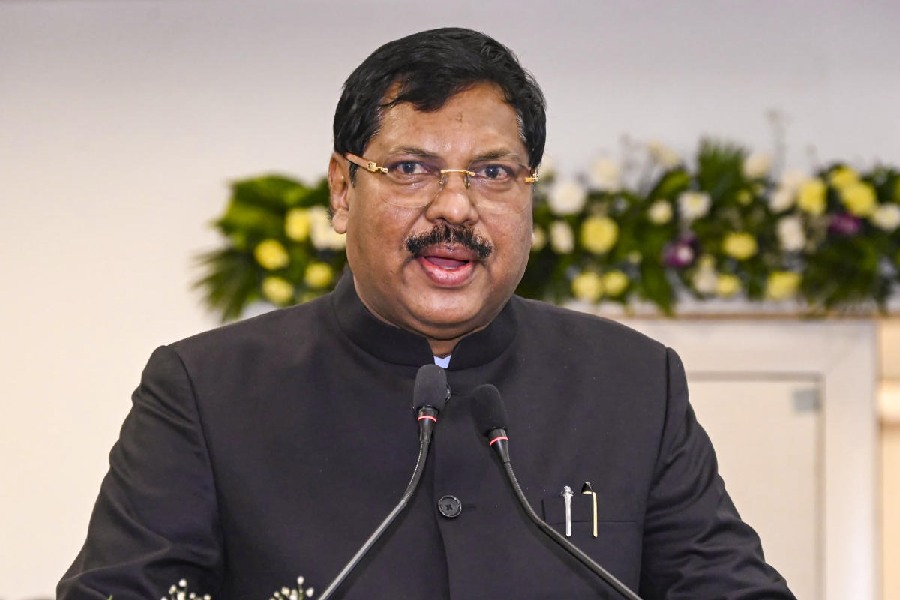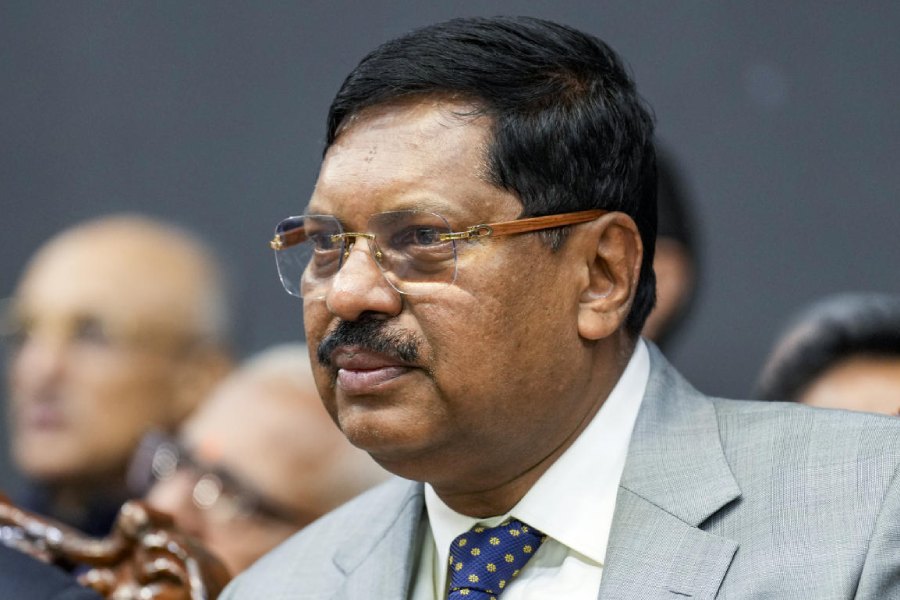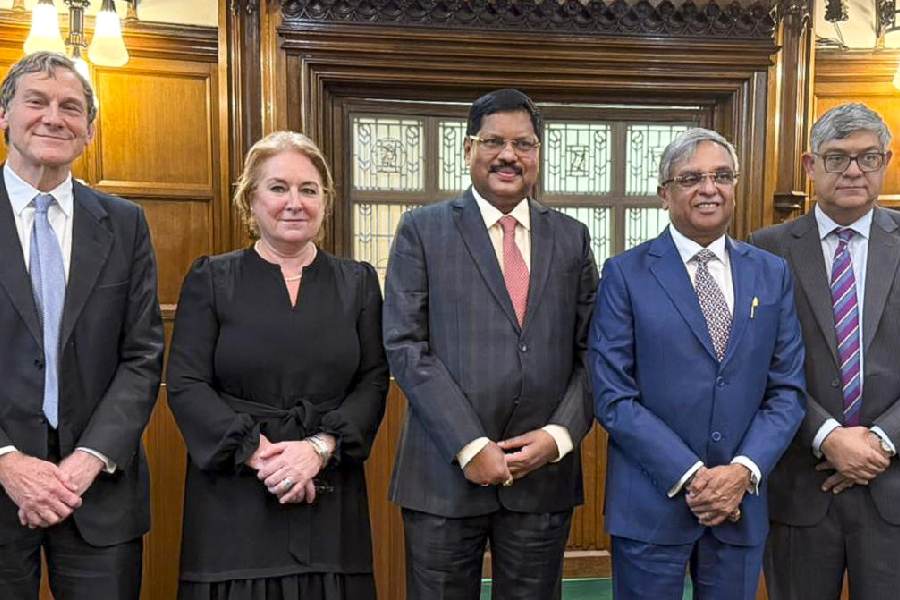The Chief Justice of India B.R. Gavai has said that the basic structure of the Constitution cannot be altered, while recollecting the early tensions between the judiciary and Parliament during efforts to realise socio-economic rights, which culminated in the Kesavananda Bharati vs State of Kerala judgment.
Addressing Italian judges on the ‘Role of Constitution in Delivering Socio-Economic Justice in a Country: Reflections from 75 Years of Indian’, in Milan on June 18, the CJI also observed that while Parliament took the lead through legislation and constitutional amendments, the Supreme Court had worked to convert socio-economic rights into enforceable fundamental rights, citing examples ranging from education to livelihood.
“Without addressing the structural inequalities that marginalise large sections of society, no nation can claim to be truly progressive or democratic. Socio-economic justice, in other words, is a practical necessity for achieving long-term stability, social cohesion, and sustainable development,” CJI Gavai added.
On May 14, when CJI took oath he had said : “Neither the judiciary, nor the executive, nor Parliament is supreme, but it is the Constitution of India which is supreme, and all the three wings have to work as per the Constitution.”
India’s Opposition leaders have time and again accused the Narendra Modi-led government of eroding the Constitution.
Last week, Congress president Mallikarjun Kharge called amendments to election rules, such as restricting public access to ECI records — a "frontal attack on the Constitution and democracy," accusing the Centre of eroding institutional integrity.
In February 2024, Bengal chief minister Mamata Banerjee alleged that there "is an attempt to bulldoze" the federal structure of the country and "change the spirit of the Constitution".
"In the name of one nation-one election, which is proposed, there is one leader and one party now in the country," Banerjee said.
In May, 2024, during the Lok Sabha campaign, Rahul Gandhi said, "In this election, Narendra Modi ji and BJP senior leaders are attacking the Constitution. For the first time in the history of independent India, their party leaders have openly said they will change, scrap, finish and throw the Constitution if they win the election.”.
The CJI also said that the practice of “bulldozer justice,” has been outlawed by the Supreme Court because the executive cannot take on the role of judge, jury and executioner.
The Chief Justice said the Court had examined instances where state authorities ordered demolitions as punishment before any conviction by a court of law, thereby bypassing legal procedures.
“The Court held that such arbitrary demolitions, which bypass legal processes, violate the rule of law and the fundamental right to shelter under Article 21. The executive cannot become judge, jury, and executioner all at once,” CJI Gavai said according to The Indian Express.
Quoting from the November, 2024 verdict, he added, “Construction of a house has an aspect of socio-economic rights.” He noted that the right to shelter is enshrined as a fundamental right under Article 21 of the Constitution.
Highlighting the emotional and social significance of owning a home in India, the Chief Justice said, “For an average citizen, construction of a house is often the culmination of years of hardwork, dreams and aspirations. A house is not just a property but embodies the collective hope of a family or individuals for stability, security and future.”
CJI Gavai pointed out that Indian law has no provision allowing demolition of property as a punitive measure.
The CJI elaborated that socio-economic justice “is not merely a matter of redistribution or welfare” but is about enabling individuals to live with dignity, realise their potential, and participate equally in social, economic, and political spheres.
“For any country, socio-economic justice is a crucial aspect of national progress. It ensures that development is inclusive, that opportunities are equitably distributed, and that all individuals, regardless of their social or economic background, can live with dignity and freedom.”
But the practice of bulldozing homes has become common in BJP-ruled states.
In March, the Uttar Pradesh government carried out controversial anti-encroachment drives in Prayagraj, deploying bulldozers to raze several properties.
On June 12, bulldozers razed the Bhoomiheen Camp near Kalkaji in Delhi, displacing hundreds of households on orders of the Delhi government. The operation began pre-dawn after the Delhi High Court dismissed petitions by residents, reported Hindustan Times.
On June 1, approximately 300–370 structures were bulldozed following a Delhi High Court directive to clear the Madrasi Camp, in Jangpura.
The Supreme Court, in a sharp rebuke delivered in April, termed the action “unconstitutional” and “inhuman,” noting that affected residents were given just a night’s notice — in some instances, with demolition notices merely pasted on walls instead of being officially served, reported Times of India.













